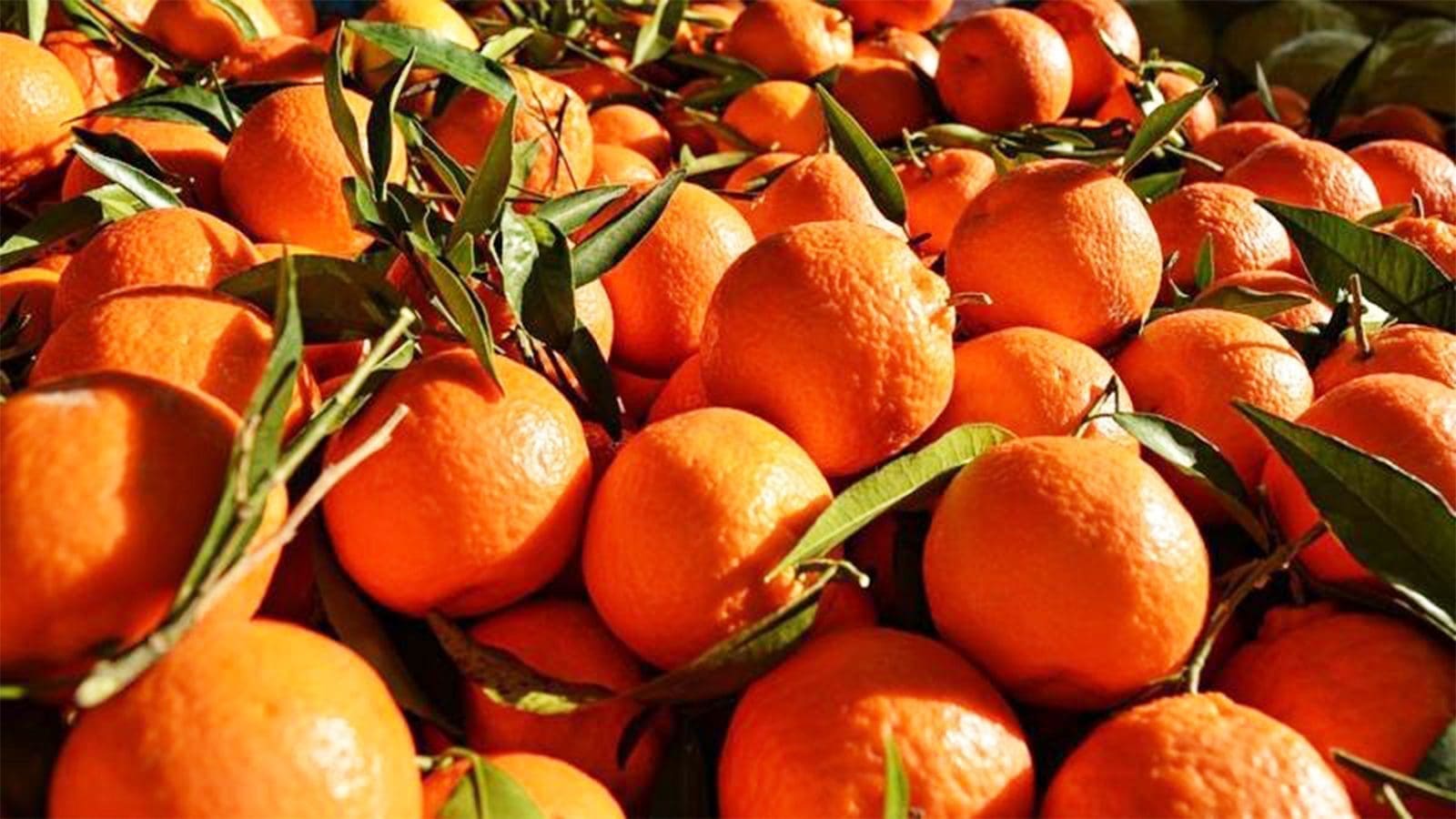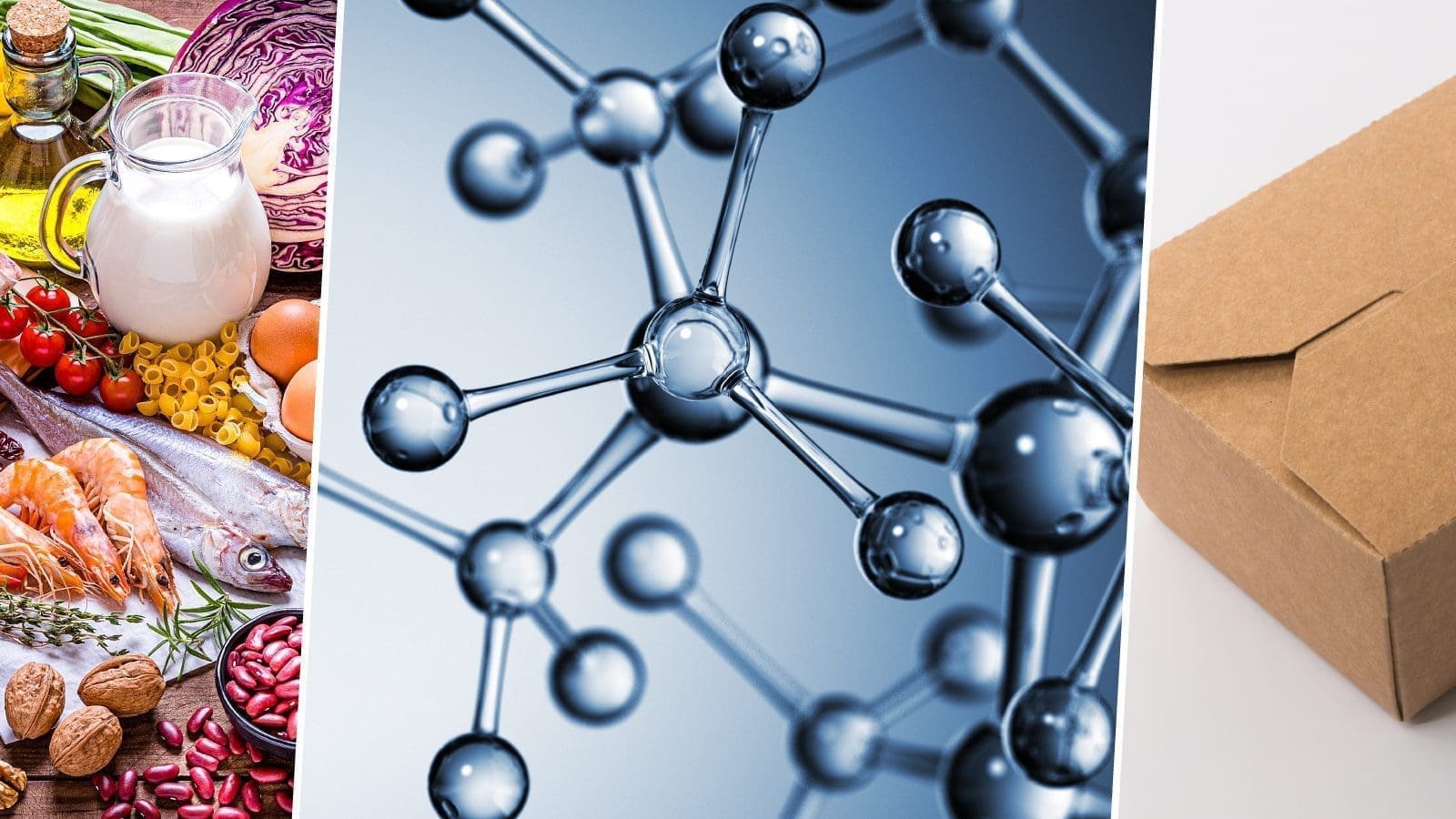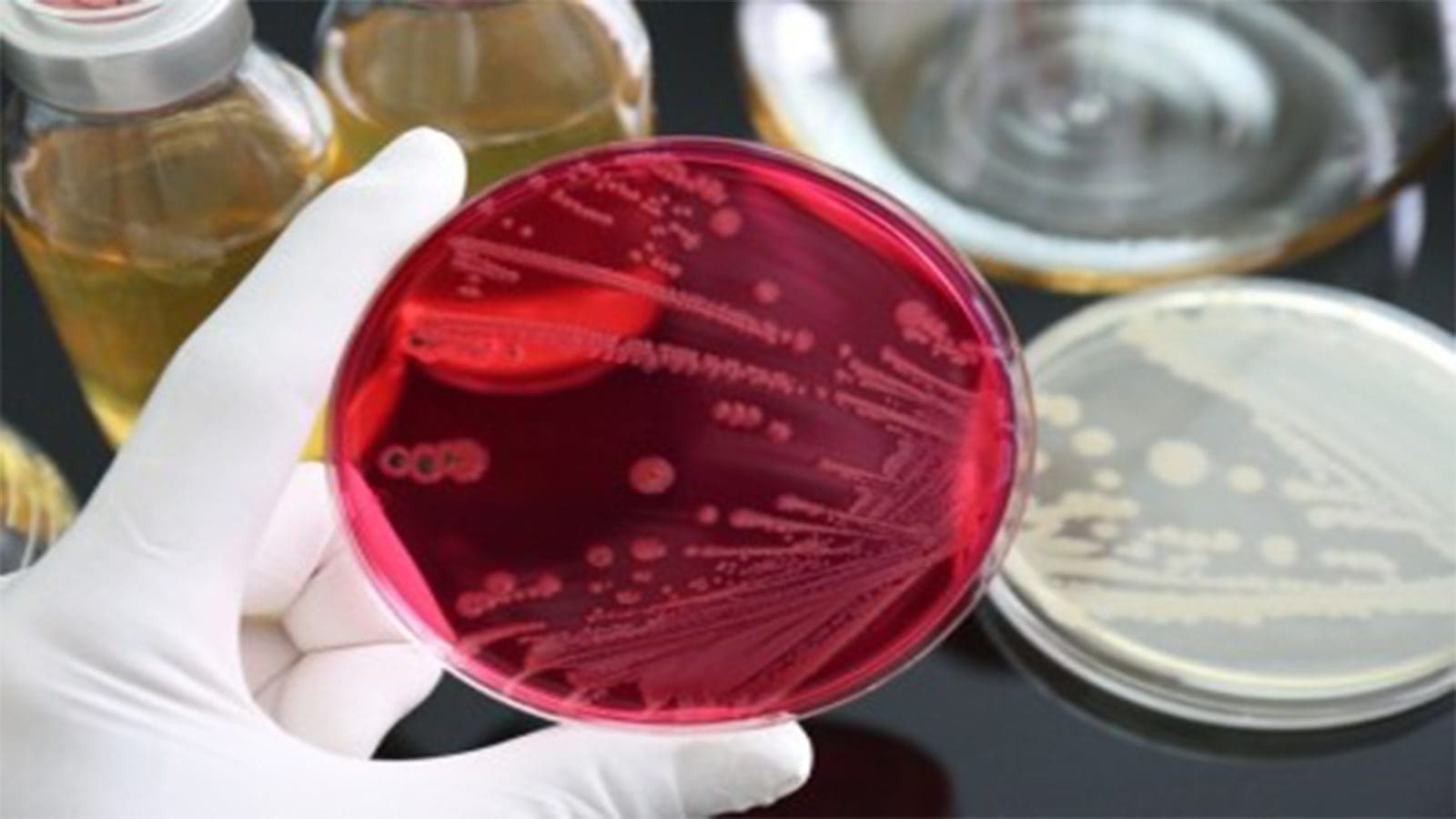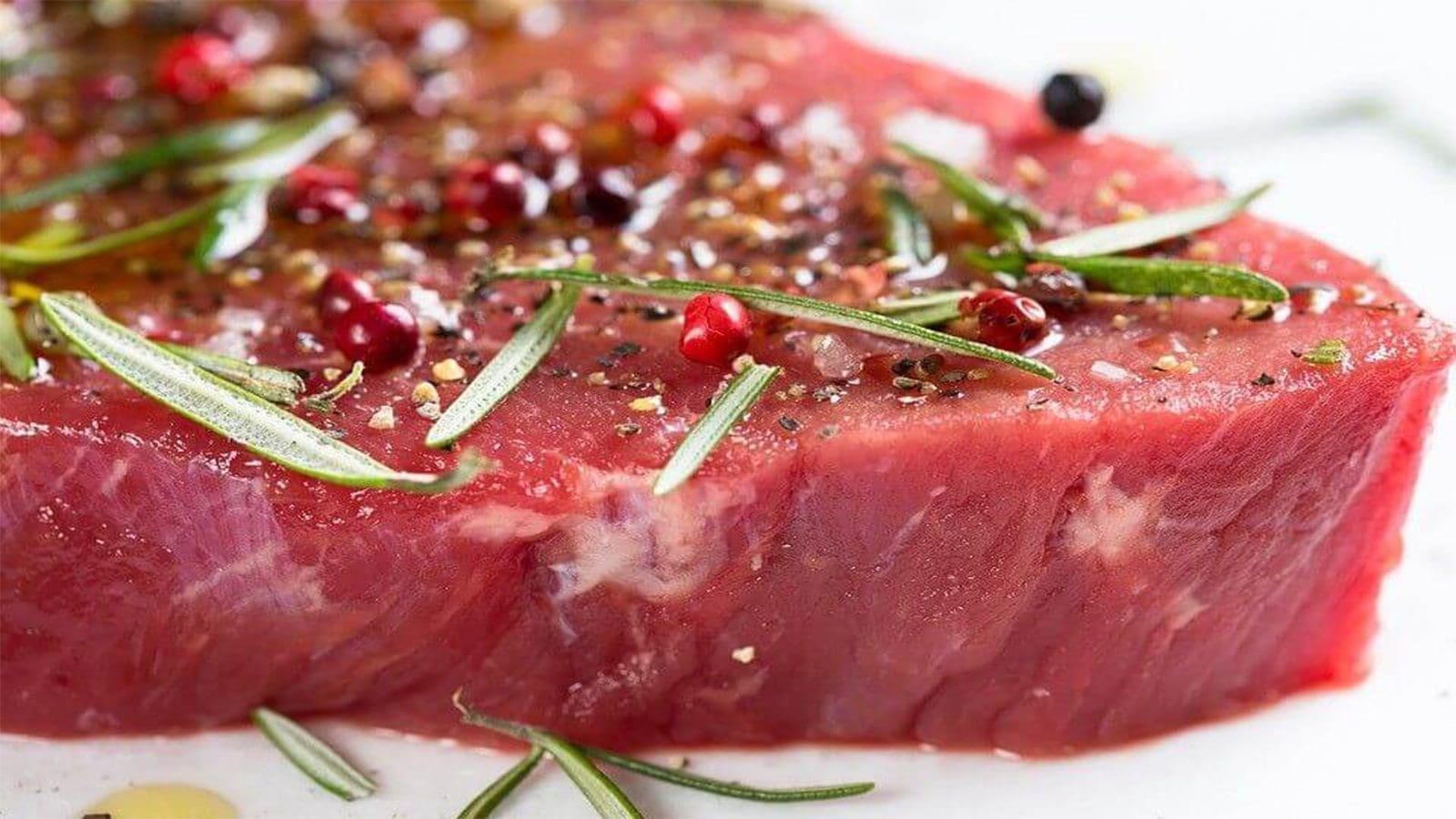SOUTH AFRICA – In response to the recent Citrus Black Spot (CBS) notices of non-compliance (NONCs) on SA citrus, the Citrus Growers Association of South Africa (CGA) and the Fresh Produce Exporters’ Forum Boards are set to voluntarily halt exporting Valencia oranges from South Africa’s impacted regions to the EU.
At the end of the EU export season, Valencia oranges are customarily prone to CBS non-compliance.
This is consequent to the 10 CBS notices of non-compliance (NONCs) on SA citrus that have so far been found this season, as well as the higher risk of CBS non-compliance that Valencia oranges present.
The Citrus Growers Association of South Africa (CGA) and the Fresh Produce Exporters’ Forum Boards have taken the decision to voluntarily close the export of Valencia oranges from Citrus Black Spot (CBS) affected areas in South Africa to the European Union (EU) starting from.
The market closure which will commence on 16 September 2022, will be implemented in phases.
The last day of inspections on Valencias will be on September 16 in the Northern areas, and on September 23, 2022, in the Gamtoos Valley [Patensie], East Cape Midlands, and Sundays River Valley.
Other citrus fruits such as mandarins, grapefruit, lemons, and navels from CBS-free areas will not be affected.
Whereas this closure will be a further setback for growers who have already experienced one of the most difficult seasons to date, the sector contends that they must prioritize continued access to the EU market.
This choice demonstrates the efficiency with which South Africa’s phytosanitary CBS Risk Mitigation System is being put into practice, as reported by Biz Community.
EU’s stringent requirements
The EU recently instituted new cold treatment requirements for all oranges destined for European tables to fight against the False Coddling Moth (FCM).
The oranges are to be subjected to extreme cold treatment and kept at temperatures of two degrees Celsius or less for 25 days, which South African growers say is not necessary as the country already has more targeted means of preventing the infestation.
Due to these new restrictions, up to 1,350 citrus containers were recently held at EU ports for several weeks, causing damages to local growers of over R200 million (USD 11,458,540).
However, the Citrus Growers Association (CGA) asserts that it will continue to hold the position that the cold treatment requirements of the new laws are arbitrary and pointless trade restraints that also violate international standards for such phytosanitary trade regulations. These requirements, according to the CGA, contradict scientific evidence.
Consequently, the Department of Trade, Industry, and Competition (DTIC) has initiated the World Trade Organization (WTO) consultation process, which will be crucial because the industry is thought to be threatened by the long-term enforcement of the new FCM regulations.
According to the CGA, it is still dedicated to working with the government and other value-chain partners to guarantee that local growers can thrive in the near future and that the sector continues to play a significant role in the nation’s economy and employment market.
Liked this article? Subscribe to Food Safety Africa News, our regular email newsletters with the latest news insights from Africa and the World’s food safety, quality and compliance. SUBSCRIBE HERE








